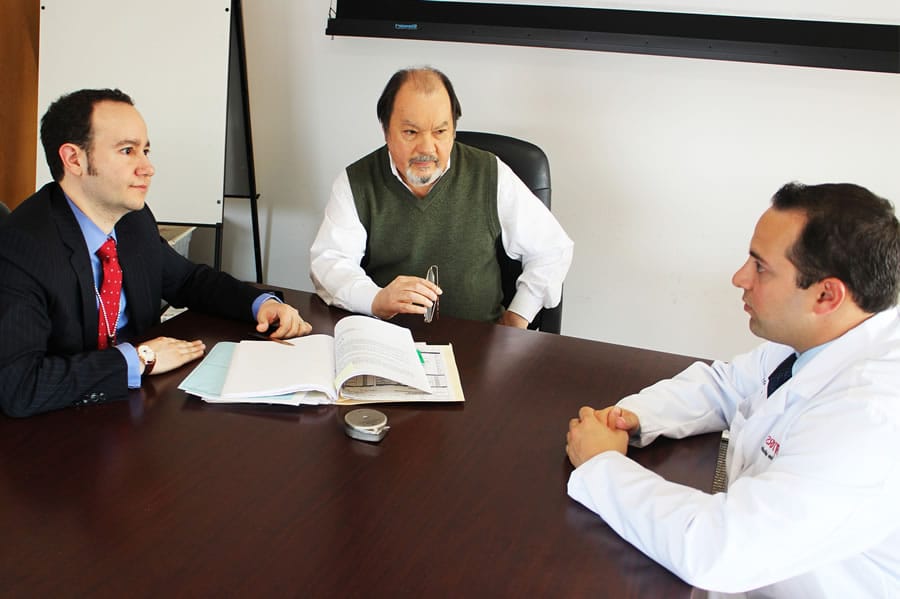
Psychological factors contributing to the perception of pain essay
Earlier pain management was predominantly focused on physiological nature of pain. However, researchers identified that there exist numerous psychological factors which influence the perception of pain. For example, religious beliefs of a person or the intentional nature of harm might change one’s perception of pain. It was determined that practicing Catholics felt less pain from electric shock if they were looking at the icon of the Virgin Mary (Vadivelu, Hines & Urman, 2011). People tend to perceive the shock as more painful if they believe that someone purposefully caused this shock (Vadivelu, Hines & Urman, 2011). Personal beliefs are also important: for example, people who received placebo felt the same reduction in pain as people who received painkillers (Lee, 2008). Individual temperament, pain coping style and ethnic differences can also significantly influence the perception of pain (Campbell & Edwards, 2012).
There is a theory of pain called the gate control theory. According to this theory, one’s impulses of attention and pain impulses compete with each other in the process of reaching the brain (Plotnik & Kouyoumdjian, 2010). This process of competition leads to the creation of a neural gate and limits the passage of impulses to the brain. Therefore, according to gate control theory, when a person is focused on something or emotionally involved, non-painful impulses dominate and block the perception of pain; when the intensity of attention declines, pain signals get through and the person starts feeling pain. Factors opening the gate and increasing pain are worries, depression, tension, anxiety, focus on the pain and boredom; factors closing the gate and reducing pain are optimism, relaxation, happiness, distraction and concentration on other activities, interest in different activities in one’s life and active involvement in them and the reactions of other people (Abdulla et al., 2013).

